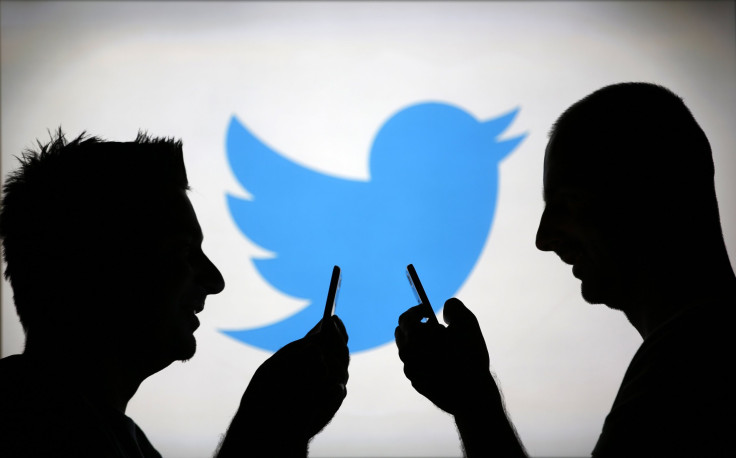Tweets Sent From Your Smartphone Or Tablet Could Make You Seem Egocentric To Your Followers

As the stranglehold social media has on our society continues to tighten, psychologists are becoming more and more interested in what our presence on Twitter, Facebook, Instagram, and other platforms says about certain social and behavioral characteristics. A recent study published in the Journal of Communication has found that tweets posted from a mobile device employs language that is often considered egocentric.
"Very little work has been done comparing how our social media activities vary from mobile to non-mobile. And as we increasingly use social media from mobile devices, the context in which one uses social media is a critical object of study," said Dhiraj Murthy, from Goldsmiths, University of Maine, in a statement.
Murthy and his colleagues collected 235 million tweets over the course of six weeks. Access to Twitter was coded to represent a mobile device, a non-mobile device, or mixed sources. Social psychological methods involving language use in tweets were used to analyze the frequency and ratios of words tied to social and behavioral characteristics. Data from the analysis of Twitter language was used to decide if the tweet was egocentric, negative/positive gendered, or communal based.
Results showed not only was the language from mobile tweets deemed more egocentric compared to web-based platforms, but the frequency of egocentric tweets sent from mobile devices was also much greater compared to non-mobile sources. The majority of tweets were considered reflective of one sex more than the other and often employed language that was traditionally masculine.
"Our work is transformative in this understudied field as we found that not all tweets are the same and the source of tweets does influence tweeting patterns, like how we are more likely to tweet with negative language from mobile devices than from web-based ones,” Murthy added.
We all have that friend on social media who just can’t seem to leave themselves out of everything they post. That’s because your favorite social media platforms are breeding grounds for narcissists. Back in 2011, a study presented to the American Psychological Association found that teens who use Facebook are more likely to display narcissistic tendencies, antisocial behavior, and aggression.
A more recent study was based on narcissistic personality inventory issued to social media users. Researchers also recorded how often each user tweeted and updated their Facebook page. Narcissistic tendencies turned out to be the “primary driver” for social media posts, especially among Twitter users.
Source: McGarry M, Gross A, Bowman S, Murthy D. Do We Tweet Differently From Our Mobile Devices? A Study of Language Differences on Mobile and Web-Based Twitter Platforms. Journal of Communication. 2015.
Published by Medicaldaily.com



























